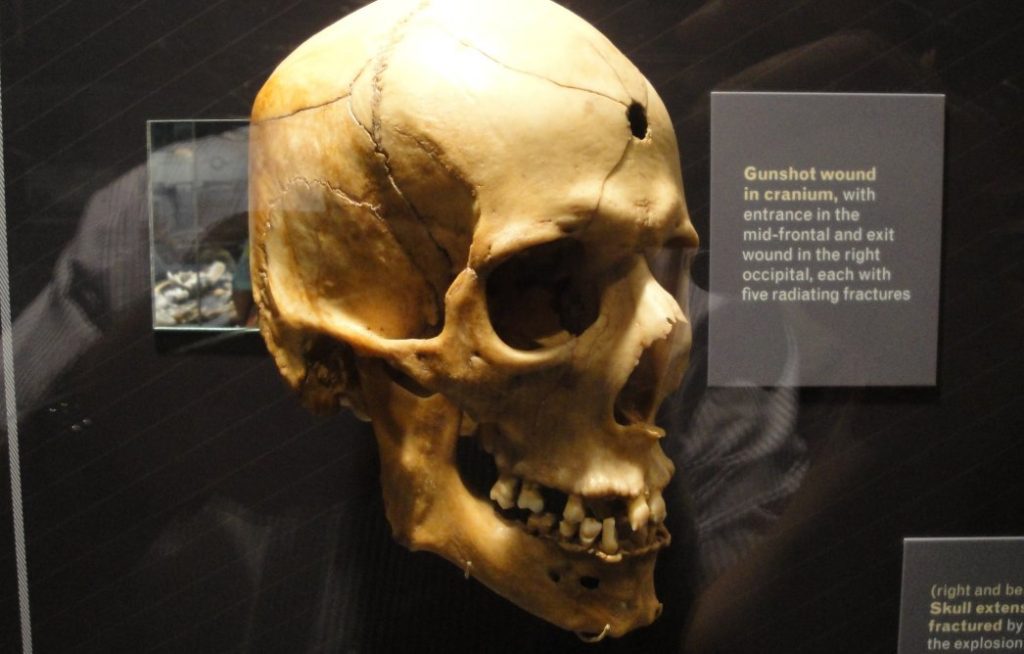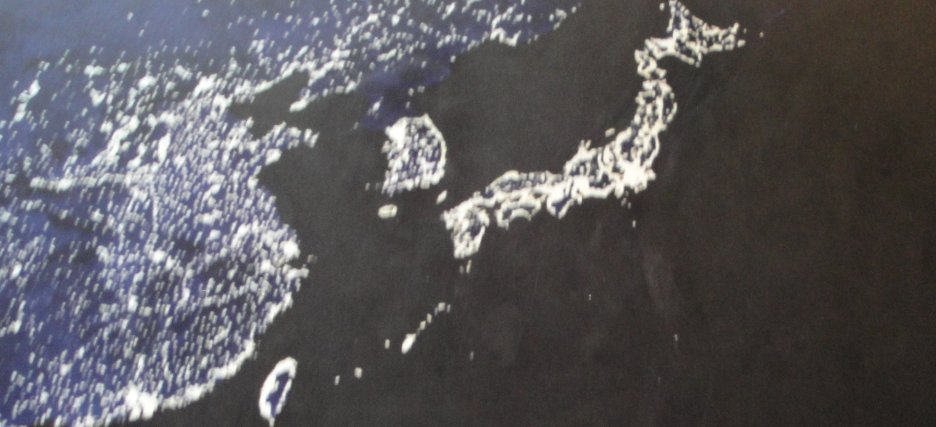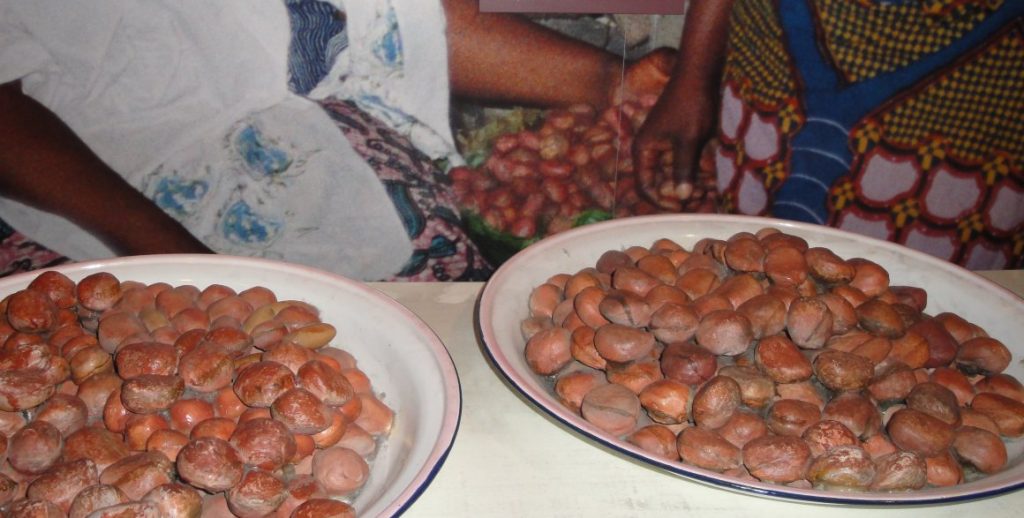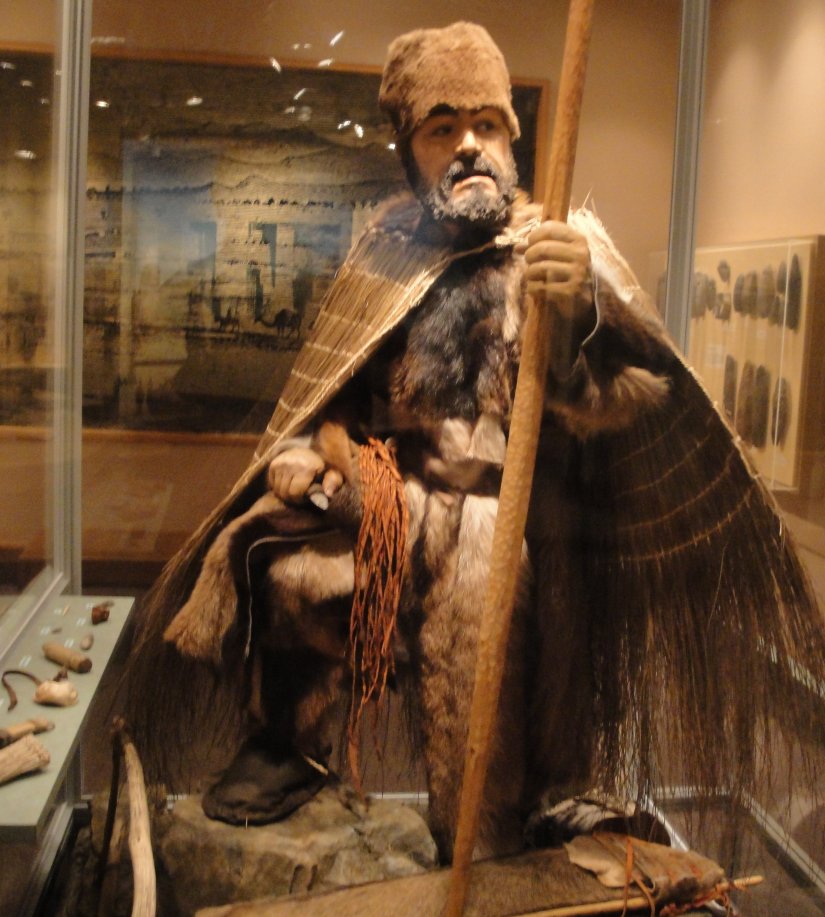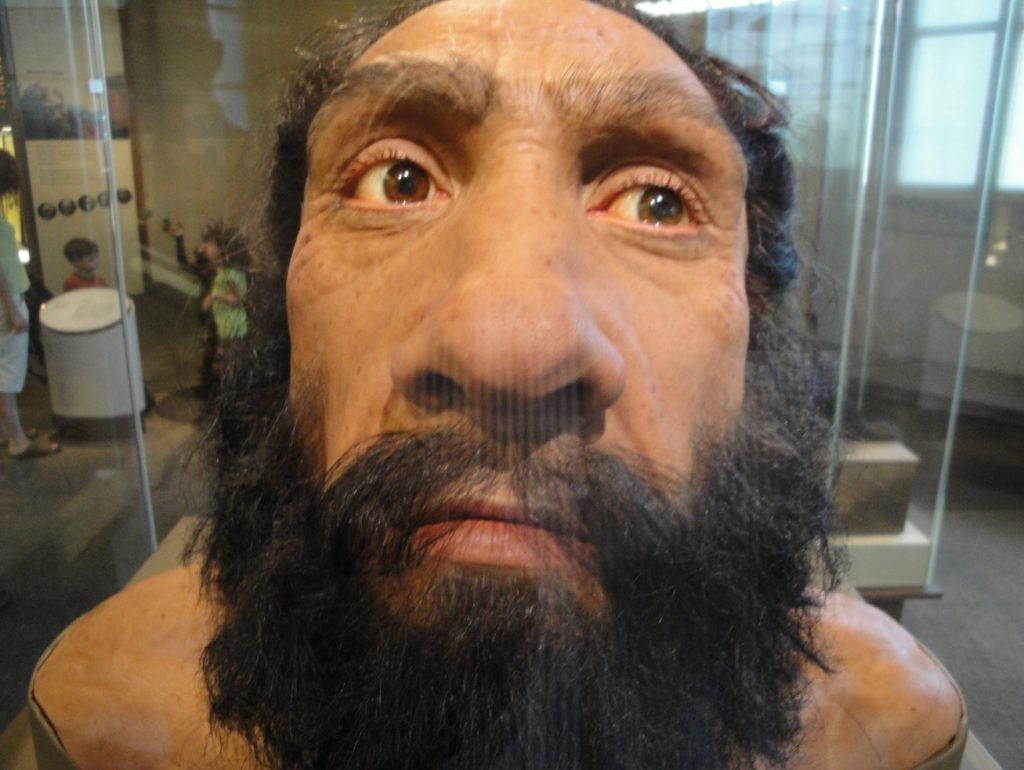I am watching Brazilian news programs (through the wonders of Internet) to learn more about Brazil and improve my Portuguese. I especially like “Globo Rural” about agriculture and environment. But it is time to step it up. If I don’t take notes, I will certainly forget, so am taking notes on some of the – for me – more interesting and evergreen topics. Today I watched the “Globo News Painel” about the profile of the Brazilian middle class (Qual o perfil da nova classe média brasileira?). Tonico Ferreira was the host. Guests included, Waldir Quadros – Economist/Unicamp (State University at Campinas), Bolivar Lamounier – Augurium Consulting & Jose Pastore Sociologist from University of Sao Paulo.
Millions of Brazilians have moved to something like a real middle class lifestyle in the last decade. Research shows around 30 million. There has been a great reduction of absolute misery, according to panel members. They pointed out that many of these people are no longer poor, but that they are still not very secure. Most of the mobility has been from the very low to the not so low. The panel members agreed that they are not yet looking at a middle class society as we have in the U.S. or Western Europe, but in some ways this initial movement is more satisfying to the people involved. In fact, as aspirations come to outrun results, richer people might feel that progress has been less advantageous.
Some progress came from better return/profitability of work, i.e people were paid better. But a key factor was the economic reforms and currency stabilization gave people the ability to save. Stable currency gave security that allowed people to save and plan. The big inflation Brazil experienced before created a cash, fast-turnover society. Families couldn’t buy on credit, because nobody wanted to sell on credit w/o charging fantastic risk premiums. On the other hand, they couldn’t really plan to buy later because they had no idea what kind of prices they might face later and they were never sure if they could ever catch up.
I was in Brazil during one of the great inflations and I recall how it was nearly impossible to comparison shop. If you noticed something in one shop and the next day saw it in another for a higher price, you couldn’t usually tell if price were higher in the second shop or if the general price had just gone up. I remember thinking at the time that high inflation was corrupting for a culture. It create a nation of gamblers and threw even prudent people into a casino state of mind. IMO the better habits that we are seeing these days are evidence of that, as people are behaving much more responsibly and prudently now that inflation is under control. A reasonable ability to anticipate future events is a prerequisite for a stable and good society.
A panelist pointed out that the difference between TYPES of consumption of the upper, middle and lower classes has diminished. Much of this has to do with generalized technological and economic progress. The rich person might have better quality clothes, mobile phones or refrigerators, but now most people have those things. This was not true in the past. There is a kind of threshold. There is a huge difference between those who have and those who don’t. After that threshold has been cross, the relative differences in quality matter much less.
Brazilian sociologists divide their society into classes A, B, C, D & E based on income. Classes AB make up around 10% of the population, make most of the big decisions and pay most of the taxes. When Brazilians in earlier times called themselves “middle class” they really meant the lower rungs of this AB group. The new middle class in actually the one in the middle, class C. Class C makes up around 50% of the Brazilian population and account for around 68% of the total jobs. The panel was mostly talking about changes within this class C and movement into it from lower classes. The new middle class family has family incomes from around 1200 – 4800 Brazilian Real (about $650-2600). This doesn’t sound like much money but it allows much greater consumptions. The Commercial Federation of Sao Paulo estimates that from 2003-2010 the increase in consumption among classes CDE double that of AB.
Brazil has significant social mobility, but it remains a country of great inequality. Much of the mobility has been in the lower part of the pyramid. The problem has been what we would call human capital and it will probably get worse. People achieve mobility by hard work, cleverness and gumption, but such things will take most people only so far. You can open and operate a small shop if you have the above characteristics plus some common sense. But as you get bigger, you need things like accounting skills, for example. Of course, you need specific skills for professions or technical work. To make the jump to AB, poorer people need education and specific skills, increasingly technical skills. The educational system and their life experience tend not to give them these skills. The panel agreed that Brazil needs to step up its investments in human capital. Brazil, in many ways, is in the same position relative to the countries of the world, as its class C citizens are to the other classes. The country has achieved impressive gains in development, but many of those big gains have come because of the high prices of commodities that Brazil produces mixed with the good effects of economic reforms made in the 1990s (the Real Plan). I will not say that “this was the easy part.” That would incorrectly diminish the extraordinary success. But we can recognize that the skills and techniques that brought Brazil so far in the last decade and half may not be the skills and techniques the country needs to move forward from here.
Another pitfall is ordinary infrastructure. Brazil has underinvested in roads and facilities. This is already creating problems for continued growth. This is easy to overlook if you drive around the Southeast on what seem to be very good and not especially crowded roads in the countryside, but if you turn off the highway the pavement often stops and maybe there is no bridge. Anyway, what was good enough won’t be good enough tomorrow. The better you get, the better you have to get to keep on going.
Success changes the rules of the game and often what got you here won’t keep you going. That goes for individuals and for whole societies.
